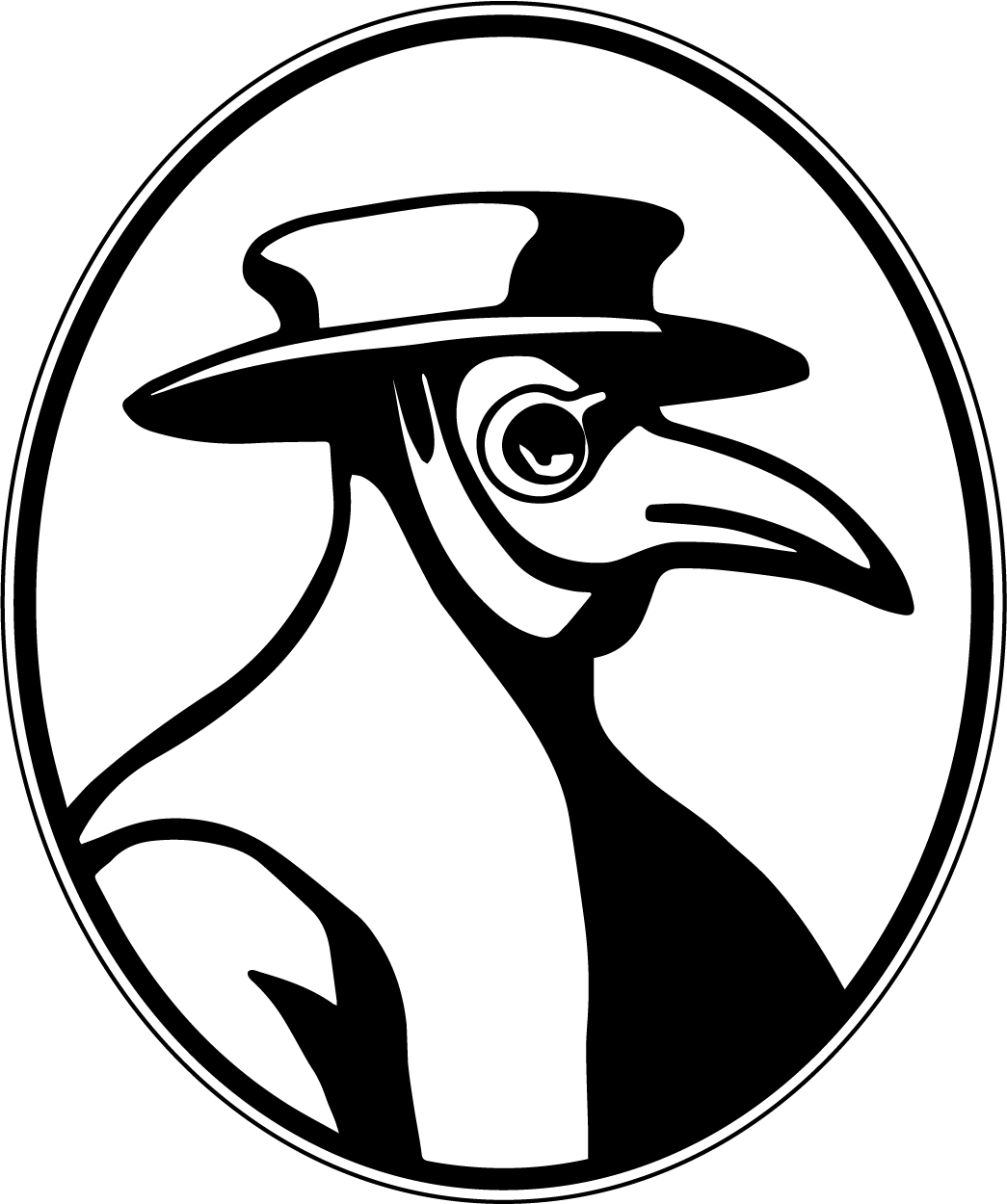In our twelfth episode, Professor Brian Cummings shares with us a letter written by the famous Dutch humanist Desiderius Erasmus (c. 1466-1536). In 1500, an outbreak of plague in Paris forced Erasmus to flee to Orléans. At the time, Erasmus has just published his first major work the Adages, a collection of classical proverbs, and was corresponding with Fausto Andrelini (c. 1462-1518), an Italian poet in the service of the French king. In November 1500, Andrelini begged Erasmus to return to Paris, being convinced that the epidemic was waning and that the danger of infection has passed. But Erasmus remained cautious. Drawing on his own personal experiences of the Covid-19 pandemic, Professor Cummings explains how Erasmus’ defense of prudence and active avoidance of taking unnecessary risk are particularly relevant today as we learn to live with the smouldering danger of the new coronavirus.
“When one is faced with an enemy who can be driven off or thrown back or defeated by active resistance, it is then that anyone who wishes to show himself a hero may do so, as far as I am concerned. But the celebrated hydra of Lerna, the last and most difficult of Hercules’ labours, could not be mastered by the sword, yet could be overcome by Greek fire. What, I ask, are you going to do with an invisible and invincible pestilence, like this one? Sometimes escape is better than victory.”
Erasmus to Andrelini, 20 November 1500 (transl. by R.A.B. Mynors, D.F.S. Thomson and Wallace K. Ferguson)
“Such being the aspect of things, I should have no hesitation in fleeing, not merely to Orléans but west to Cadiz, by the Pillars of Hercules, or north to the remotest of the remote Orkney islands; not because I am timorous and effeminate, but to avoid a genuine reason for fear; not to shun death, for to die are we all born, but to avoid dying by my own fault.”
Erasmus to Andrelini, 20 November 1500 (transl. by R.A.B. Mynors, D.F.S. Thomson and Wallace K. Ferguson)
Contributor
Brian Cummings is Anniversary Professor in the Department of English and Related Literature at the University of York and a Fellow of the British Academy. Currently, he is a Leverhulme Major Research Fellow working on the project ‘Erasmus and the Invention of Literature’. His latest book, based on his Clarendon Lectures at Oxford University, Bibliophobia: The End and the Beginning of the Book, will be published in January 2022 by Oxford University Press.
Further Reading
Erasmus, Opus epistolarum, ed. P.S. Allen and H.M. Allen, 12 vols (Oxford: Oxford University Press, 1906-58).
Erasmus, Correspondence of Erasmus, ed. R.A.B. Mynors et al., 22 vols (Toronto: University of Toronto Press, 1974-2021).
The Adages of Erasmus, ed. William Barker (Toronto: University of Toronto Press, 2002).
Eden, Kathy, The Renaissance Rediscovery of Intimacy (Chicago: University of Chicago Press, 2012).
